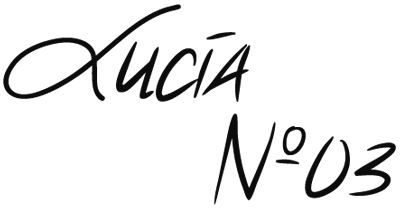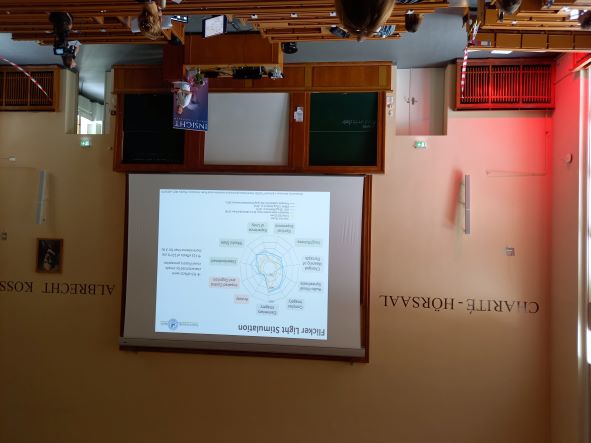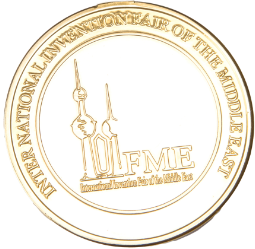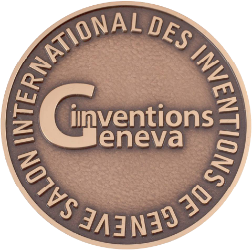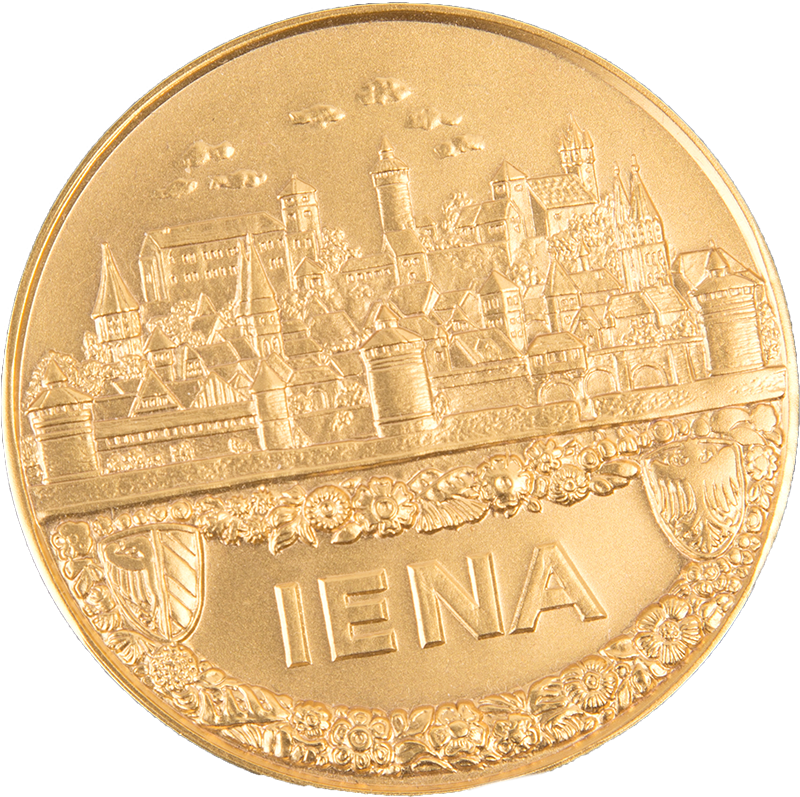Timo Torsten Schmidt (Free University of Berlin), Marie Therese Bartossek, Johanna Kemmerer are researching the influence of flickering light of brain areas using fMRT for the first time
Flicker light stimulation (FLS) is a non-pharmacological method to produce short-term changes in the state of consciousness. This is typically done by stimulating with strobe light with your eyes closed. FLS is associated with visual hallucinations of colors and geometric shapes (Allefeld, 2011 -https://doi.org/10.1016/j.concog.2010.10.026 ; Schwartzman, 2019 - https://doi.org/10.1101/511766).
FLS can produce visual effects similar to those caused by psychedelic substances. It turns out that the effects appear to be strongest in the frequency range 8-12Hz, which corresponds to the so-called alpha frequency range of brain activity (Bartossek et al., 2021). https://doi.org/10.1371/journal.pone.0253779 (Schwartzman, 2019 - https://doi.org/10.1101/511766, Mauro, 2015 -https://doi.org/10.1523/JNEUROSCI.0390-15.2015, Shevelev, 2000 - https://doi.org/10.1016/s0167-8760(00)00105-7).
Sensational result of this study:
MRI, it was possible to show for the first time which specific areas of the brain are involved in visual hallucinations. An increase in connectivity was found between certain thalamic nuclei and the visual center in the cerebrum. This altered interaction depends on the frequency of the FLS, which is consistent with the observation that the subjectively perceived colors and shapes are strongest in the alpha frequency range.
For the first time, the specific thalamic nuclei and visual areas that exhibit altered connectivity during flicker-light-induced hallucinatory phenomena have been identified. (Amaya, 2023). https://doi.org/10.1162/imag_a_00033
In addition to these findings, it has also been shown that FLS leads to an increase in neuronal signal diversity (Schwartzman, 2019). Furthermore, FLS has been shown to alter the state of consciousness such that an increase in sleepiness and a decrease in tension have been described (von Gizycki, 1998 - https://doi.org/10.1016/S0022-3999(97)00204-3).
This influence from FLS activates areas of the brain that would normally occur when consuming LSD, MDMA or psilocybin. However, flickering light stimulation has the advantage that you can switch off the device (e.g. a Lucia N°03 meditation lamp) immediately if you reach unpleasant states of consciousness. This would not be possible with psychedelic substances because the effect only wears off over a certain period of time.
See in particular lines 621 ff “Conclusions” in the text of the study.
Summary English: Dr. Bülent Köylü, 6300 Wörgl, Austria, 17.03.2021
Download Study:
Foto: light attendance gmbh (Berlin Insight conference 2021, Dr. Timo Torsten Schmidt, Präsentation der Studie)


